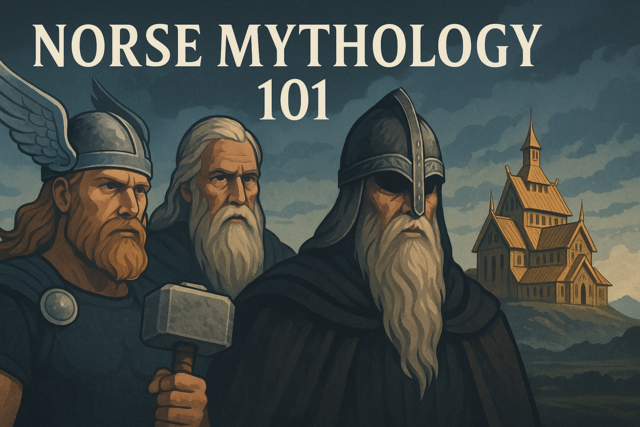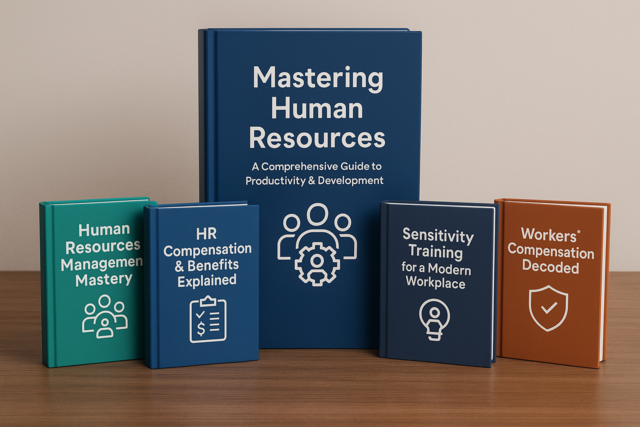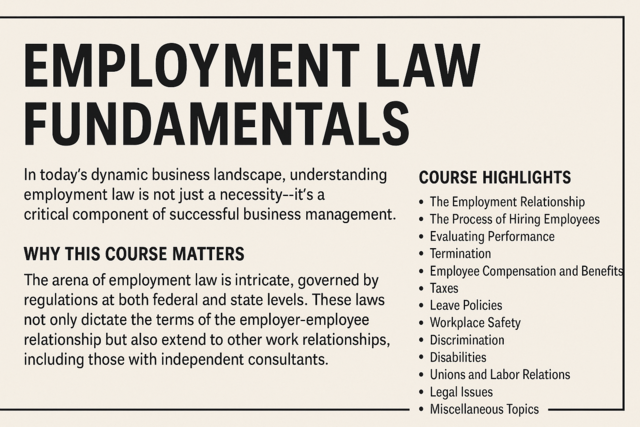Effective Communication Skills
Master Your Message, Transform Your World

7 Hours average completion time
0.7 CEUs
12 Lessons
17 Exams & Assignments
458 Discussions
12 Videos
12 Reference Files
130 Articles
Mobile Friendly
Last Updated February 2026
Mastering the Art of Communication: A Pathway to Personal and Professional Efficacy
In every corner of human interaction, communication holds the reins. The casual banter with a café barista, the engaging pitch in a conference room, or the heartfelt conversation with a loved one - each of these encounters underscore the pivotal role of communication. It not only mirrors your personality but also carves the depth and quality of relationships you build with the world around you.
In an age of globalization and digital connectivity, communication has expanded beyond the simple exchange of words. While verbal interactions remain integral, non-verbal cues, written correspondences, and technology-mediated communication hold equal gravitas. Despite this vastness, certain foundational principles of effective communication remain universal. A mastery of these, combined with skills like conflict resolution and negotiation, paves the way for enriched personal and professional connections.
For professionals navigating the corporate world, individuals yearning to enhance personal bonds, or anyone striving for clarity and confidence in their interactions, mastering communication is the key. It's the bridge that not only prevents misunderstandings but also propels you towards unparalleled success.
Course Outline:
-
Lesson 1: Recognizing and Understanding Communication Styles
- Explore the diverse styles of communication and introspect to identify your own. Recognize the strengths and limitations of each style and how to adapt for effective interactions.
-
Lesson 2: Verbal Communication
- Dive into the nuances of spoken words. Learn the power of tone, pitch, and clarity, and how they can influence perceptions and outcomes.
-
Lesson 3: Nonverbal Communication
- Decode the silent language of body posture, facial expressions, and gestures. Understand their profound impact on complementing or contradicting verbal cues.
-
Lesson 4: Communicating in Writing
- Harness the potency of the written word, from crafting compelling emails to persuasive proposals. Explore the role of clarity, coherence, and conciseness in written communication.
-
Lesson 5: Cultivating Conversational Skills
- Strengthen your conversational prowess. Learn to initiate, sustain, and conclude interactions in a manner that fosters mutual respect and understanding.
-
Lesson 6: Group Communication
- Navigate the dynamics of group interactions, from small team meetings to large panel discussions. Understand group roles, consensus building, and effective facilitation techniques.
-
Lesson 7: Communications Technology
- Delve into the digital realm of communication. From video conferencing tools to social media platforms, explore how technology has transformed the way we connect.
-
Lesson 8: Barriers to Communication
- Identify obstacles that impede effective communication, such as biases, distractions, or environmental factors. Learn strategies to overcome these barriers for fluid conversations.
-
Lesson 9: Cultural Aspects of Communication
- Appreciate the rich tapestry of cultural nuances and etiquettes. Discover how cultural sensitivity can enhance cross-cultural interactions and foster inclusivity.
-
Lesson 10: Disagreements and Conflicts
- Equip yourself with tools to navigate disagreements. Understand the roots of conflicts and strategies to address and resolve them constructively.
-
Lesson 11: Negotiation
- Unravel the art of negotiation. Learn techniques to achieve mutually beneficial outcomes without compromising on core values or objectives.
-
Lesson 12: Constructive Criticism
- Embrace feedback as a growth tool. Discover how to give and receive criticism in a manner that fosters improvement and maintains dignity.
This transformative course promises not just a theoretical understanding but a practical toolkit to elevate your communication acumen. By the end, you'll be equipped to articulate with clarity, empathize genuinely, and interact confidently in diverse settings. Join us in this enlightening journey to become an adept communicator.
- Improve verbal and nonverbal communication skills
- Utilize communication technologies adeptly
- Foster empathetic communication practices
- Navigate cross-cultural communication effectively
- Refine negotiation and persuasive skills
- Master conflict resolution strategies
- Overcome communication barriers efficiently
- Deliver and receive feedback constructively
- Strengthen group communication dynamics
- Enhance written communication techniques
- Develop active listening abilities
-

Workplace Violence: A Guide to Responding and Preventing
-

Wedding Traditions Around the World
-

Introduction to JavaScript
-

Historical Fiction Writing
-

Kaizen 101 - An Introduction
-

Introduction to SQL
-

How to Write Case Studies
-

Confidence Building
-

Critical Thinking Skills
-

Writing Help Course Bundle
-

Report Writing 101
-

Creative Thinking Skills
-

Learn HTML - Create Webpages Using HTML5
-

Norse Mythology 101
-

How to Start and Run an Online Business
-

Motivational and Public Speaking
-

Human Resources Productivity Course Bundle
-

Leadership Skills for Managers
-

Crisis Management
-

Mediation 101
-

Job Performance Appraisals - A How To Guide
-

How to Improve Your Concentration
-

Delegation Skills
-

Employment Law Fundamentals
-

Introduction to Ethics